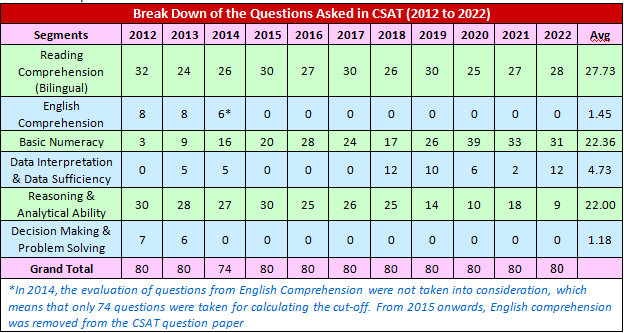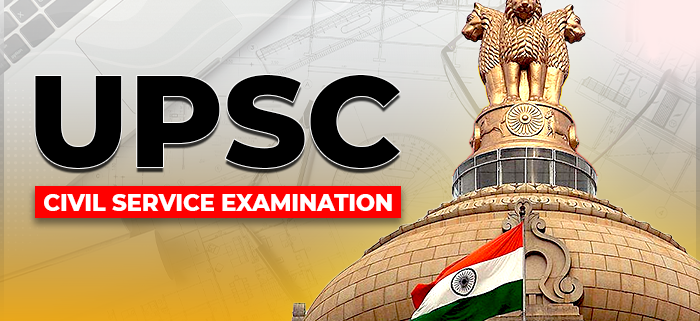
Analyzing trends in the UPSC (Union Public Service Commission) Civil Services Preliminary Examination subject-wise can provide valuable insights for aspirants preparing for the exam. While I cannot provide specific data beyond my last knowledge update in September 2021, I can offer a general overview of subject-wise trends in the UPSC Prelims based on historical patterns. Keep in mind that the UPSC can change its question pattern, so it’s essential to stay updated with the latest trends.
01 : General Studies Paper I (GS Paper I):
A. History: Questions on Indian history, both ancient and modern, have been consistent over the years. Focus on major events, personalities, and socio-cultural aspects.
B. Geography: Geography-related questions often cover physical geography, Indian geography, and world geography. Topics like climate, rivers, and maps are essential.
C. Polity: Questions on the Indian Constitution, political system, and governance are common. Understanding the fundamental rights, DPSP, and political institutions is crucial.
D. Economy: Economic questions cover both national and international aspects. Focus on basic economic concepts, current economic issues, and government schemes.
E. Environment and Ecology: Increasingly, questions on environmental issues, biodiversity, and climate change have appeared. Keep up-to-date with environmental policies and global environmental agreements.
F. Science and Technology: Questions often revolve around recent advancements, developments, and applications of science and technology.
G. Current Affairs: A significant portion of the paper is dedicated to current affairs from the past year. Stay updated with national and international news.
H. Culture and Art: Questions on Indian art, culture, and heritage can be diverse. Focus on major art forms, monuments, and cultural practices.
02 : General Studies Paper II (CSAT):
A. Comprehension and Logical Reasoning: Focus on improving reading comprehension and logical reasoning skills. Practice solving various types of questions.
B. Decision Making and Problem Solving: Questions often assess your ability to make decisions and solve problems logically.
C. Mathematics and Data Interpretation: Basic mathematics, data interpretation, and quantitative aptitude are tested. Practice numerical and data-related problems.
D. English Language Skills: English language comprehension, grammar, and vocabulary are important. Work on improving your English language skills.
Remember that UPSC Prelims is an objective-type exam with multiple-choice questions. Regular practice with mock tests, previous year question papers, and subject-wise preparation will help you navigate the exam effectively. Additionally, adapt your preparation strategy based on the changing trends and patterns in the UPSC Prelims exam, as the commission may adjust the weightage and focus of subjects over time.

